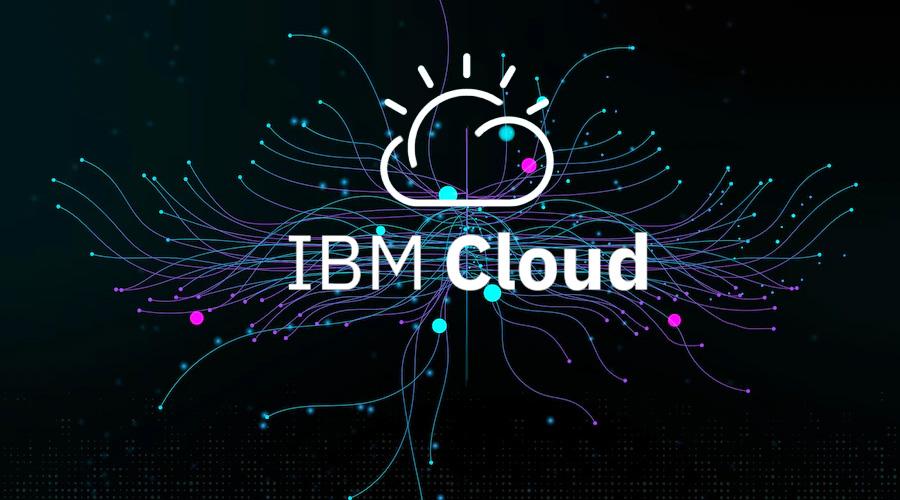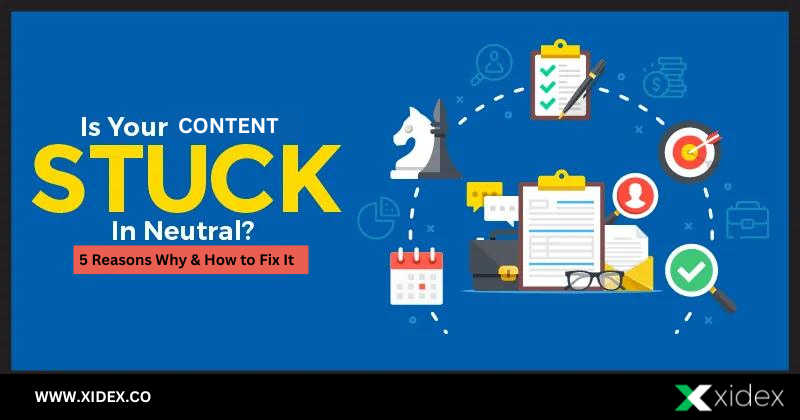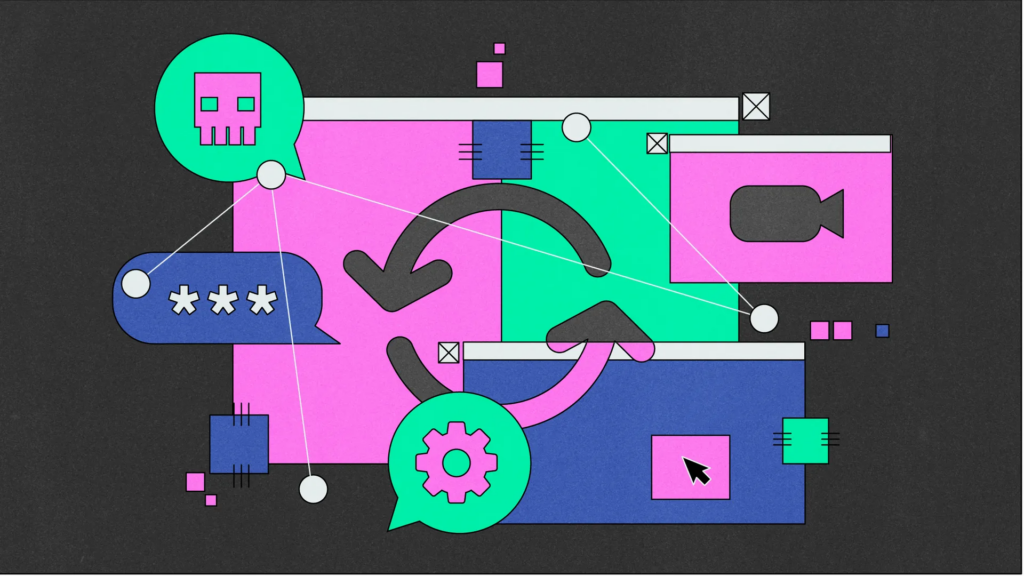IBM Cloud is a cloud computing platform and infrastructure from IBM that provides a range of cloud-based services, including virtual machines, containers, databases, AI and machine learning, internet of things (IoT), analytics, and more. IBM Cloud is designed to help businesses and organizations build and deploy applications and services on a global scale with high levels of security and reliability.
IBM Cloud offers several deployment options, including public, private, and hybrid cloud models. Users can choose to deploy their applications and services on the IBM Cloud public cloud, which is a multi-tenant environment, or they can opt for a dedicated private cloud deployment that offers more control and security.
IBM Cloud also includes a range of tools and services to help developers build, test, and deploy applications and services more efficiently. These tools include integrated development environments (IDEs), continuous integration and delivery (CI/CD) pipelines, and more.
IBM Cloud is a comprehensive cloud computing platform that provides businesses and organizations with the tools and services they need to develop, deploy, and manage their applications and services in the cloud.

IBM Cloud Pak for Data
IBM Cloud Pak for Data is an enterprise-grade data and AI platform from IBM that enables businesses to manage, integrate, and analyze data across hybrid cloud environments. It is designed to help businesses unlock the value of their data and accelerate their AI initiatives.
Cloud Pak for Data provides a range of capabilities, including data virtualization, data cataloging, data governance, data integration, data preparation, and machine learning. It is built on open-source technologies such as Kubernetes and supports a wide range of data sources, including structured, unstructured, and semi-structured data.
One of the key features of Cloud Pak for Data is its ability to run on any cloud, including public, private, or hybrid clouds. This means that businesses can deploy the platform wherever they need it, without being tied to a particular cloud provider.
Cloud Pak for Data also includes a range of pre-built machine learning models, which can be used to build and deploy AI and machine learning models quickly and easily. Additionally, it provides an AI-powered assistant, which can help users navigate the platform and quickly find the data and insights they need.
Overall, IBM Cloud Pak for Data is a comprehensive data and AI platform that provides businesses with the tools and capabilities they need to manage and analyze their data across hybrid cloud environments, accelerate their AI initiatives, and drive innovation.
IBM Cloud products and services
IBM Cloud offers a wide range of products and services that can help businesses and organizations of all sizes and industries to build, deploy, and manage their applications and services on the cloud. Some of the key products and services offered by IBM Cloud include:
- Compute Services: IBM Cloud provides a range of compute services, including virtual machines, bare metal servers, and serverless computing, which enables businesses to run their applications on the cloud.
- Storage Services: IBM Cloud offers a range of storage services, including object storage, block storage, file storage, and backup and recovery services, which enable businesses to store and manage their data on the cloud.
- AI and Machine Learning Services: IBM Cloud provides a range of AI and machine learning services, including Watson Studio, Watson Assistant, and Watson Discovery, which enable businesses to build and deploy AI and machine learning models on the cloud.
- Internet of Things (IoT) Services: IBM Cloud offers a range of IoT services, including IoT Platform and Watson IoT, which enable businesses to connect, manage, and analyze data from IoT devices.
- Analytics Services: IBM Cloud provides a range of analytics services, including data warehousing, data lake, and data science services, which enable businesses to analyze and derive insights from their data on the cloud.
- Blockchain Services: IBM Cloud offers a range of blockchain services, including IBM Blockchain Platform and IBM Food Trust, which enable businesses to develop, deploy, and manage blockchain-based applications on the cloud.
- Integration Services: IBM Cloud provides a range of integration services, including API management, messaging, and event streaming, which enable businesses to integrate their applications and services on the cloud.
- Security Services: IBM Cloud offers a range of security services, including identity and access management, network security, and data encryption, which enable businesses to secure their applications and data on the cloud.
IBM Cloud provides businesses with a comprehensive suite of products and services that can help them accelerate their digital transformation initiatives, drive innovation, and compete in a rapidly changing marketplace.
IBM Cloud features
IBM Cloud offers a wide range of features that can help businesses and organizations to build, deploy, and manage their applications and services on the cloud. Here are some of the key features offered by IBM Cloud:
- Multi-cloud Support: IBM Cloud offers support for multiple cloud environments, including public, private, and hybrid cloud models. This enables businesses to choose the deployment model that best suits their needs, and to easily move their applications and services between different cloud environments.
- Scalability: IBM Cloud provides businesses with the ability to scale their applications and services up or down in response to changes in demand. This ensures that businesses can easily handle spikes in traffic and can optimize their resource utilization.
- DevOps Integration: IBM Cloud provides a range of DevOps tools and services, including continuous integration and delivery (CI/CD) pipelines, which enable businesses to quickly and easily build, test, and deploy their applications on the cloud.
- Security: IBM Cloud provides businesses with a range of security features, including identity and access management, network security, and data encryption, which enable businesses to secure their applications and data on the cloud.
- Analytics and AI: IBM Cloud provides businesses with a range of analytics and AI tools and services, including data warehousing, data lake, and data science services, which enable businesses to analyze and derive insights from their data on the cloud.
- Open Standards: IBM Cloud is built on open-source technologies, such as Kubernetes and Docker, which ensures that businesses can easily integrate their applications and services with other cloud platforms and technologies.
- Global Network: IBM Cloud operates a global network of data centers, which enables businesses to deploy their applications and services in multiple locations around the world, ensuring high levels of availability and low latency.
IBM Cloud provides businesses with a comprehensive suite of features that can help them accelerate their digital transformation initiatives, drive innovation, and compete in a rapidly changing marketplace.
IBM Cloud deployment models
IBM Cloud provides businesses with a range of deployment models to choose from, including:
- Public Cloud: IBM Cloud’s public cloud model is a shared infrastructure model in which businesses can access a range of cloud-based services and resources on a pay-as-you-go basis. This deployment model is ideal for businesses that require a flexible and scalable infrastructure without the need for heavy upfront capital investments.
- Private Cloud: IBM Cloud’s private cloud model is a dedicated infrastructure model in which businesses can deploy their applications and services on a dedicated set of servers and resources. This deployment model is ideal for businesses that require a high degree of control and security over their infrastructure and data.
- Hybrid Cloud: IBM Cloud’s hybrid cloud model combines the benefits of both public and private cloud models, enabling businesses to deploy their applications and services on both public and private clouds. This deployment model is ideal for businesses that require a flexible infrastructure that can easily scale to meet changing demands.
- Multi-Cloud: IBM Cloud’s multi-cloud model enables businesses to deploy their applications and services across multiple cloud providers and platforms. This deployment model is ideal for businesses that require a high degree of flexibility and agility, as it allows them to choose the cloud providers and platforms that best meet their needs.
IBM Cloud’s range of deployment models ensures that businesses can choose the deployment model that best suits their needs, enabling them to optimize their infrastructure, reduce costs, and improve performance and scalability.
FAQ
Q: What is IBM Cloud? A: IBM Cloud is a cloud computing platform provided by IBM. It offers a wide range of cloud services and solutions for businesses, developers, and IT infrastructure. It provides scalable and flexible infrastructure, platform services, and software-as-a-service (SaaS) offerings to support various enterprise needs.
Q: What were the previous names for IBM Cloud? A: IBM Cloud was previously known as IBM Bluemix and IBM SoftLayer. Bluemix was the original name for IBM’s cloud platform when it was launched in 2014. It was rebranded as IBM Cloud in 2017. SoftLayer, on the other hand, was an infrastructure-as-a-service (IaaS) provider that IBM acquired in 2013. The SoftLayer services were integrated into the IBM Cloud platform.
Q: What services are offered by IBM Cloud? A: IBM Cloud provides a comprehensive suite of cloud services, including infrastructure services, platform services, and software services. Some of the key services offered by IBM Cloud include virtual servers, object storage, bare metal servers, Kubernetes container service, AI and machine learning services, blockchain services, IoT platforms, database services, and various developer tools and services.
Q: What is the difference between infrastructure services and platform services in IBM Cloud? A: Infrastructure services in IBM Cloud refer to the foundational computing resources provided to users, such as virtual servers, bare metal servers, storage, and networking capabilities. These services allow users to build and manage their IT infrastructure in the cloud.
Platform services, on the other hand, provide higher-level abstractions and pre-configured environments that simplify the deployment and management of applications and services. Examples of platform services in IBM Cloud include the Kubernetes container service, serverless computing platform, database services, AI and machine learning services, and IoT platforms.
Q: Can I deploy my existing applications on IBM Cloud? A: Yes, IBM Cloud supports the deployment of various types of applications. Whether you have existing applications built with traditional architectures or modern cloud-native applications, IBM Cloud provides the necessary infrastructure and platform services to run and manage your applications. You can choose from virtual servers, containerization platforms, serverless computing, and other resources based on your specific application requirements.
Q: Is IBM Cloud suitable for enterprise use? A: Yes, IBM Cloud is designed to meet the needs of enterprises. It provides a robust and scalable infrastructure, advanced security features, and compliance certifications required by enterprise customers. IBM Cloud also offers services and solutions for specific industries, such as healthcare, finance, and retail, to address industry-specific requirements.
Q: How does IBM Cloud ensure the security of data and applications? A: IBM Cloud incorporates multiple layers of security to protect data and applications. It provides features such as network isolation, firewalls, encryption, access controls, and identity and access management (IAM) mechanisms. IBM Cloud also complies with various security standards and regulations, including ISO 27001, SOC 2 Type II, HIPAA, and GDPR, to ensure data security and compliance.
Q: Can I integrate IBM Cloud with other cloud providers or on-premises infrastructure? A: Yes, IBM Cloud supports hybrid cloud deployments, allowing you to integrate and connect your existing on-premises infrastructure with IBM Cloud services. IBM provides tools and services, such as VPN and Direct Link, to establish secure connections between your on-premises environment and the IBM Cloud. Additionally, IBM Cloud provides integration capabilities with other cloud providers, enabling you to create a multi-cloud environment if desired.
Q: How is pricing structured for IBM Cloud services? A: IBM Cloud offers various pricing models, including pay-as-you-go, monthly subscriptions, and reserved instances. The pricing depends on the specific services and resources you choose. You can find detailed information about pricing on the IBM Cloud website, including the pricing calculator, which allows you to estimate the cost based on your usage requirements.
Q: Where can I get support for IBM Cloud services? A: IBM provides comprehensive support for IBM Cloud services. You can access documentation, tutorials, and FAQs on the IBM Cloud website. Additionally, IBM offers support plans with varying levels of assistance, including 24/7 technical support, to help customers with any issues or questions they may have. Support can be accessed through the IBM Cloud support portal or by contacting IBM’s support team directly.
Are you looking for Cloud services – Then contact us for free quote — >Fill the Form





